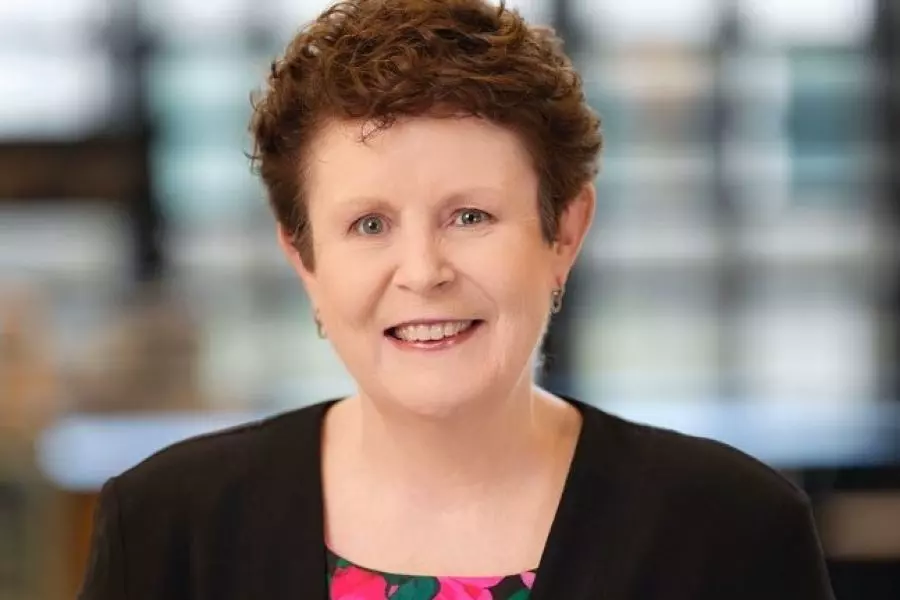News
Join the office space revolution

Thursday 4th of July 2019
The co-working space industry is a high growth one which is estimated to be expanding by 24% each year.
It’s projected that by 2020 50% of all workers will work remotely most of the time and that by 2022 the global mobile workforce will be 1.87 billion people.
When it comes to accommodating this, real estate giant JLL estimates that up to 30% of corporate real estate could...
Want to read the full article?
Click the button below to subscribe and will have unlimited access to full article and all other articles on the site.






![[The Wrap] Bye Bye Bayly](https://goodreturns.publit.io/file/c_fill,w_900,h_600/39f23ac1-f7c7-4854-b700-a150004ebbac.webp)


